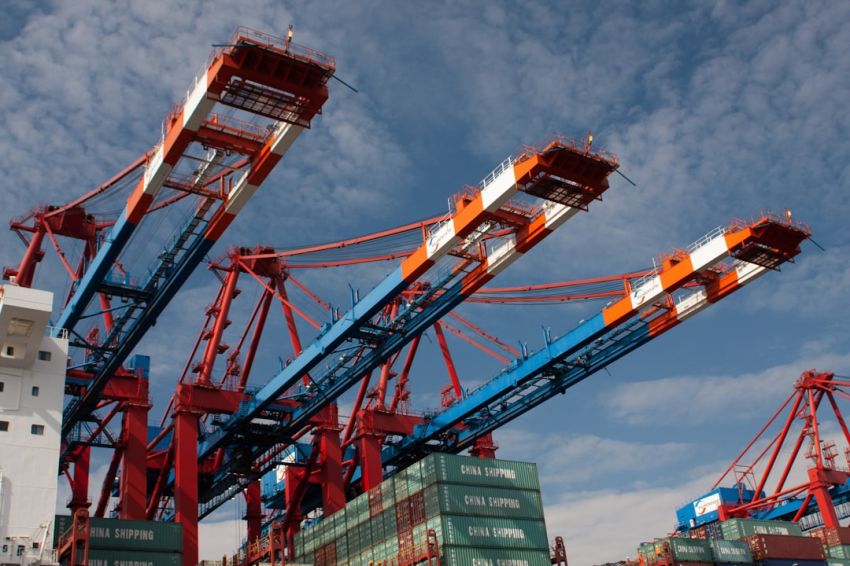In today’s interconnected world, the concept of globalization has significantly transformed the way businesses operate and how local markets function. Globalization refers to the process of increased interconnectedness and interdependence among countries, resulting in the exchange of goods, services, technology, and ideas across borders. While globalization has brought about numerous benefits, it has also posed challenges for local markets worldwide.
Impact on Local Economies
Globalization has had a profound impact on local economies, both positive and negative. One of the significant benefits is the access to a broader market for local businesses. By tapping into the global market, local businesses can reach a more extensive customer base, leading to increased sales and revenue. Additionally, globalization has facilitated the flow of foreign direct investment into local markets, stimulating economic growth and creating job opportunities.
However, globalization also poses challenges to local economies. One of the primary concerns is the competition from multinational corporations that often have more significant resources and economies of scale. Local businesses may struggle to compete with these global giants, leading to market consolidation and, in some cases, the displacement of local enterprises. Moreover, the integration of local economies into the global market can make them more vulnerable to external shocks and economic downturns in other parts of the world.
Cultural Implications
Globalization has not only economic ramifications but also cultural implications for local markets. The influx of foreign goods and services can influence local cultural practices and consumption patterns. While this cultural exchange can enrich local societies, it can also lead to the homogenization of cultures and the erosion of local traditions. Additionally, the dominance of Western cultural norms and values in the global market can marginalize indigenous cultures and languages, threatening cultural diversity.
Technological Advancements
The rapid advancement of technology has been a driving force behind globalization and has revolutionized local markets. The digitalization of business processes has enabled local businesses to connect with customers worldwide, expanding their reach beyond traditional boundaries. E-commerce platforms have allowed local entrepreneurs to sell their products globally, breaking down geographical barriers and opening up new market opportunities.
Moreover, technology has facilitated the transfer of knowledge and expertise across borders, enabling local markets to benefit from global innovations and best practices. However, the digital divide between developed and developing countries remains a significant challenge, limiting the full potential of technology in local markets. Access to reliable internet infrastructure and digital literacy are essential for local businesses to leverage technology effectively in the era of globalization.
Environmental Concerns
Globalization has also raised environmental concerns for local markets. The increased interconnectedness of economies has led to the rise in global trade, resulting in higher levels of carbon emissions and environmental degradation. The transportation of goods across long distances contributes to pollution and climate change, impacting local ecosystems and communities.
Furthermore, the pursuit of economic growth in the global market often comes at the expense of environmental sustainability. Local markets may face pressure to exploit natural resources unsustainably to meet the demands of the global market, leading to deforestation, water pollution, and loss of biodiversity. Addressing these environmental challenges requires collaboration and coordination among local governments, businesses, and international organizations to promote sustainable practices and mitigate the negative impact of globalization on the environment.
Future Outlook
As the world becomes increasingly interconnected, the impact of globalization on local markets will continue to evolve. Local businesses must adapt to the changing landscape by embracing innovation, diversifying their markets, and leveraging technology to remain competitive in the global economy. Collaboration and partnerships with international stakeholders can also help local markets navigate the challenges and opportunities presented by globalization.
In conclusion, while globalization has brought about significant changes to local markets, its impact is a complex interplay of economic, cultural, technological, and environmental factors. Local economies must find a balance between reaping the benefits of global integration and safeguarding their interests and values. By understanding and adapting to the forces of globalization, local markets can position themselves to thrive in an increasingly interconnected world.










